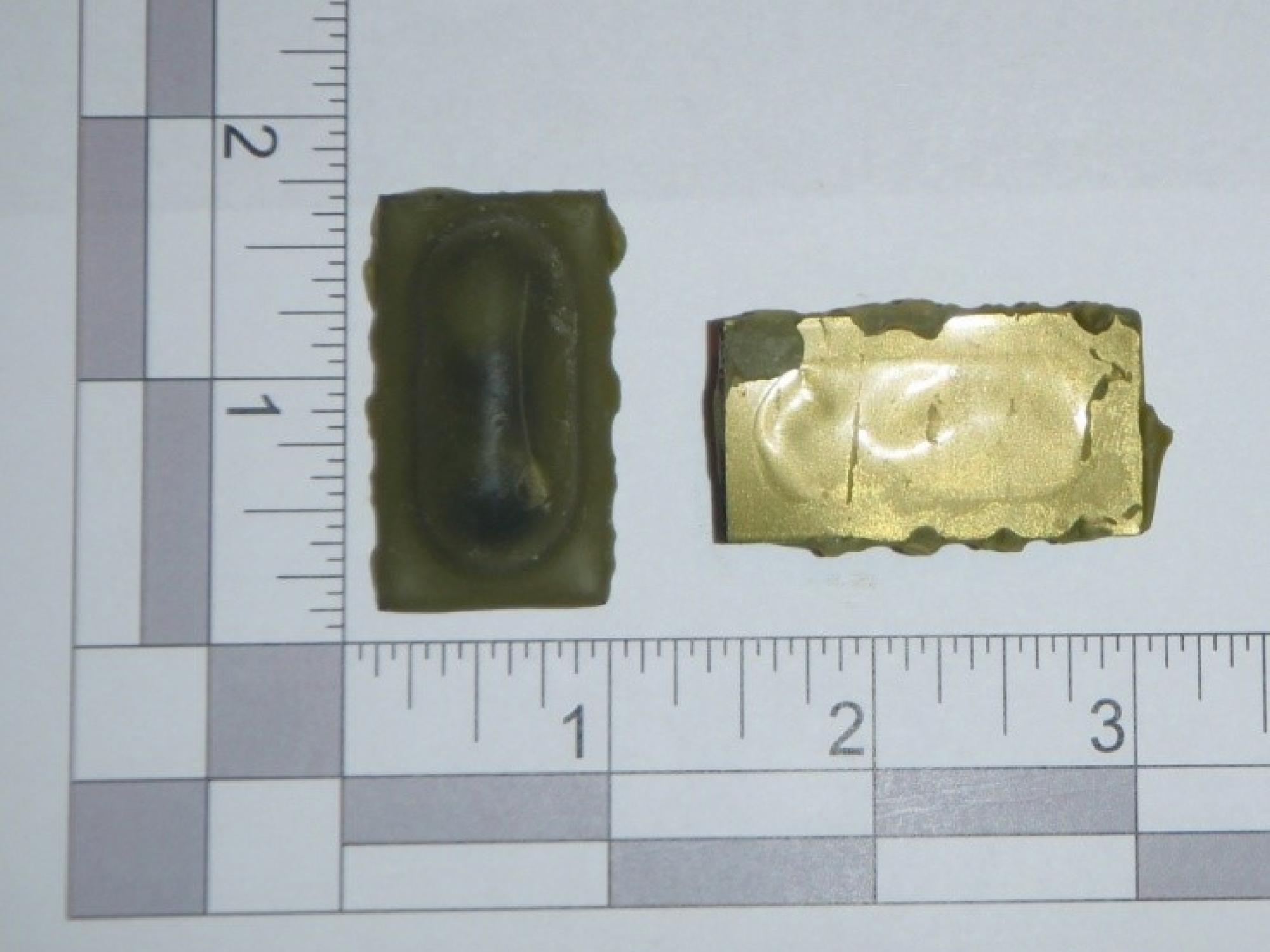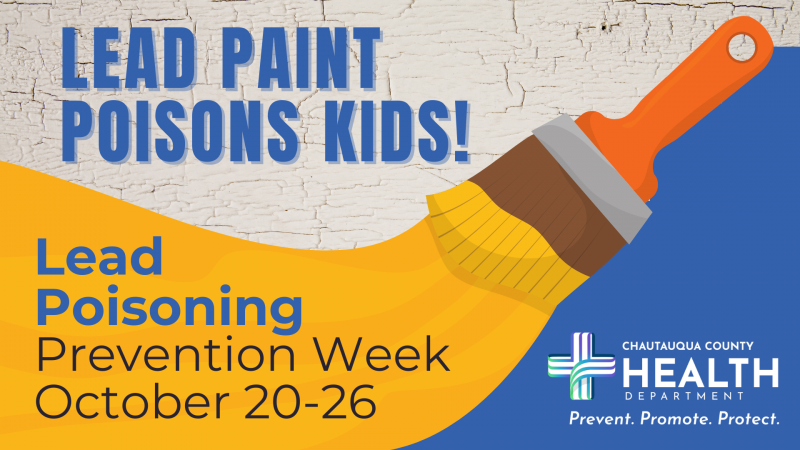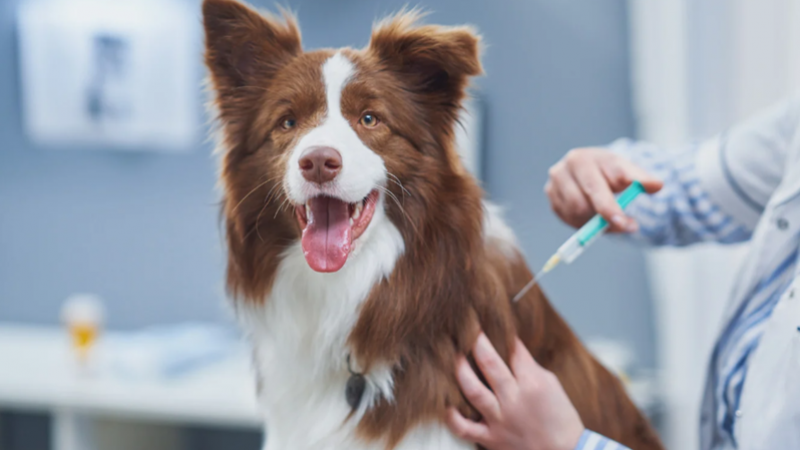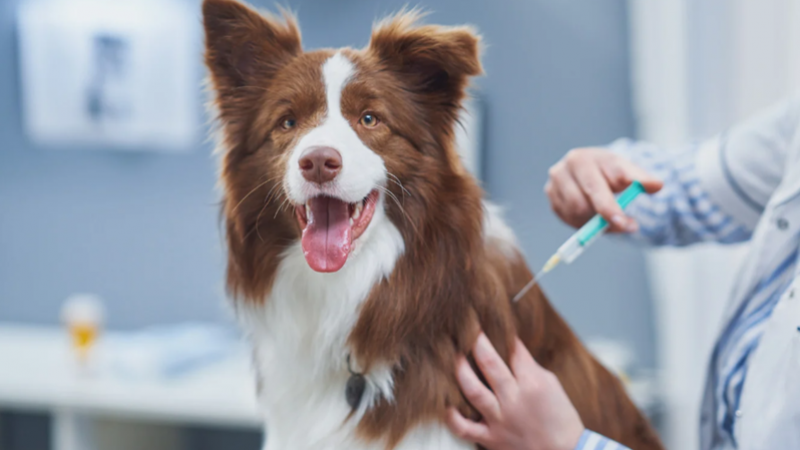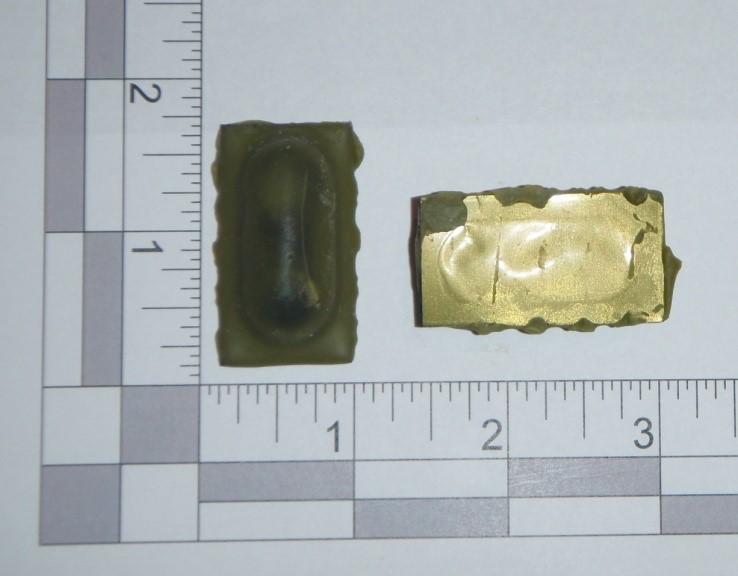
(Image of ONRAB “Ultralite” Bait)
MAYVILLE, NY – A rabies prevention campaign kicks off next week in Chautauqua County where various baits vaccinating wild animals against the virus will be deployed.
The strategy, overseen by the U.S. Department of Agriculture, is part of a nationally coordinated effort to halt the spread of raccoon rabies in 16 states.
Ongoing field evaluation of a new Oral Rabies Vaccine (ORV) called ONRAB will take place starting next Tuesday, August 15 with aerial distribution of baits.
Depending on weather, and other scheduling factors, distribution in Chautauqua County will continue through Friday, August 18. The baits will be dropped in northern areas of the county, including the Village of Brocton and the Towns of Portland, Arkwright, and Villenova.
“Humans and pets cannot get rabies from contact with the bait. However, people who encounter baits directly are asked to leave them undisturbed,” explained Jessica Wuerstle, Chautauqua County’s Director of Environmental Health. “Should contact with a bait occur, immediately rinse the contact area with warm water and soap. Please do not attempt to remove a bait from your dog’s mouth. The bait will not harm your pet.”
The ONRAB bait consists of a Polyvinyl Chloride (PVC) blister pack, containing the vaccine. To make the baits attractive, the blister packs are coated with a sweet attractant that includes vegetable-based fats, wax, icing sugar, vegetable oil, artificial marshmallow flavor and dark-green food-grade dye.
“Residents, particularly outdoor enthusiasts must remember that animal rabies is a serious public health concern and continues to be present in Chautauqua County,” furthered Wuerstle. “Raccoons and other animals should be avoided when encountered. Additionally, it is important to vaccinate pets, including barn cats and dogs, to reduce the potential spread of the virus and protect community members.”
It is not uncommon for animals infected with rabies to become aggressive and attack with no provocation. On the other hand, other rabid animals may appear tame or docile. Well-meaning animal lovers may be tempted to catch and help the animals.
“When people take wild or feral animals home they create a real danger for their family, particularly children,” continued Wuerstle. “It is illegal and dangerous to relocate or harbor wild animals. An entire family may need to be treated for rabies exposure after an animal has been brought home.”
If you have to handle a wild animal, such as a bat, the Director of Environmental Health says to remove it from your home wearing thick, puncture resistant gloves and protective layers to prevent bites and scratches.
According to the Centers for Disease Control and Prevention, greater than 90 percent of reported rabies cases in the United States are in wildlife. The cooperative USDA, Animal & Plant Health Inspection Service, Wildlife Services, National Rabies Management Program (NRMP) was established in 1997 to prevent the further spread of wildlife rabies in the U.S. by containing and eventually eliminating the virus in terrestrial mammals.
The majority of efforts are focused on controlling raccoon rabies, which continues to account for most of the reported wildlife rabies cases in the U.S. Raccoon rabies occurs in all states east of the established ORV zone that extends from Maine to northeastern Ohio to central Alabama.
Continued access to oral vaccine and bait options that are effective in all target wildlife species remains critical to long term success.
Visit the USDA website at www.aphis.usda.gov/wildlife-damage/rabies for a link to a current map of the bait drop area and to learn more about the National Rabies Management Program.
If you have additional questions about the program please contact USDA Wildlife Services at 1-866-4USDA-WS (1-866-487-3297).
Chautauqua County’s Environmental Health Unit can be contacted at (716) 753-4481 with County specific questions.

